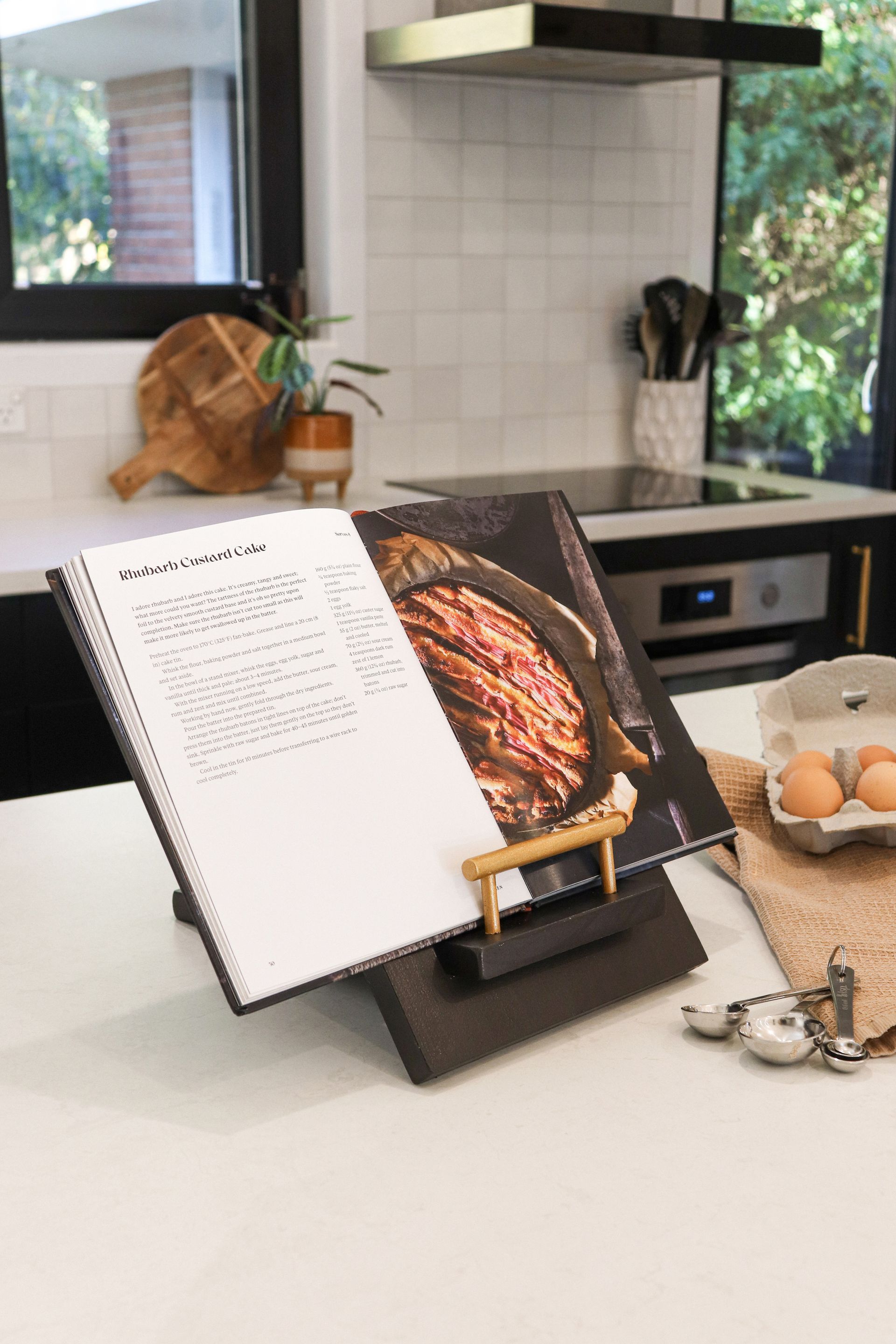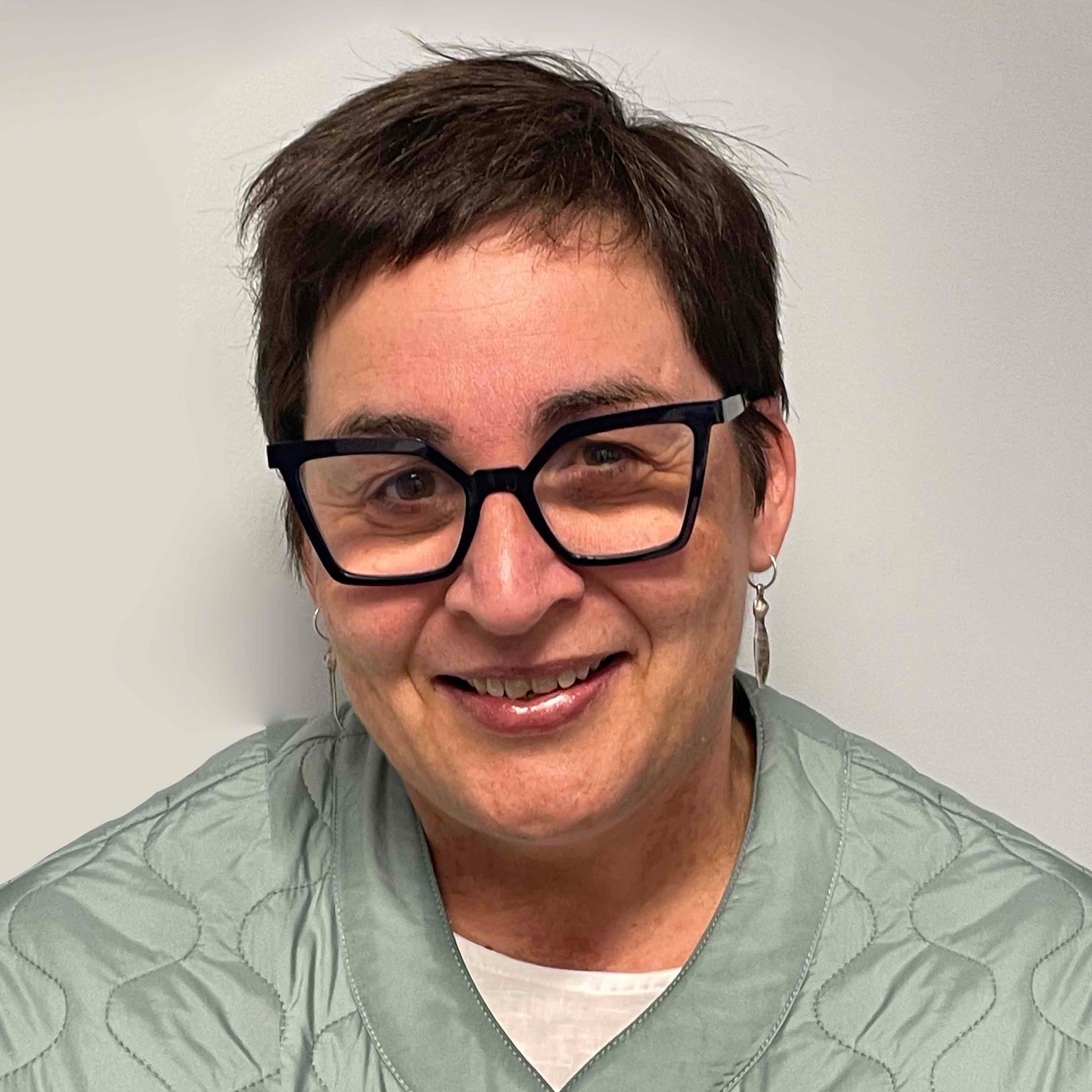Shining the spotlight on heavy and painful periods, gynaecologist Dr Angela Beard wants to empower women of all ages, but especially our young wāhine to know that ‘suffering through’ isn’t the answer.
No one should have to put up with heavy periods. For young women, heavy periods can result in days off school, missing sport, loss of motivation, and that is only scratching the surface. Women (of all ages) have suffered through for a long time but there are options for managing heavy or painful periods these days – it’s about finding one that suits best.
A consultation with a GP or a specialist is the first step and this is where they should take a really good history of your periods – the more detail, the better. A physical examination isn’t always necessary. The exposure that comes with an examination can be off-putting for young women and may not be needed initially, so it is important this isn’t a barrier to getting help.
Management starts with good pain relief – usually an anti-inflammatory and paracetamol. Additionally, tranexamic acid (Cyklokapron) can be prescribed to slow the processes that cause bleeding. There is the option of going on the pill but these days, an IUD is a more convenient and long-acting option. Placed in the uterus by a specialist, it releases a tiny dose of hormone that works directly to control the monthly growth of uterine lining. Hardly any of the hormone is systemically absorbed and it’s an excellent form of contraception.
In private practice, an IUD can be put in under general anesthetic. We do a lot of this for younger women because for those who have never been sexually active, the experience can be somewhat daunting. It’s really easy – they go to sleep, wake up, have a cup of tea and go home. All embarrassment is avoided. They also get to have an examination at the same time. When you’re a young woman and don’t feel that knowledgeable about genitalia yet, having an expert tell you that everything is normal is really empowering.
Before deciding on an IUD, girls should have a pap smear (depending on their age), a sample of the uterine cavity and an ultrasound scan. A gynaecologist can then check the shape of the uterus and rule out other causes for heavy bleeding such as a fibroid or polyp; as well as causes of pain, like endometriosis or a thickened uterus lining. These investigations are particularly important for Māori and Pasifika women who have a higher risk of pre-cancer (endometrial hyperplasia) and also for women with PCOS.
The freedom that comes from being able to swim and do sport; to not take time off or wear period undies can be life-changing. It is empowering being able to play hockey and wear shorts in the summer without fear – lots of young girls stop this because they’re worried about their periods.
I think the conversation about getting rid of white shorts in women’s sport has highlighted the impact periods can have on young women. The more we talk about it, the better.
Dr Angela Beard, Ngati-Haunui-a-Pāpārangi, Ngāi Tahu, is a gynaecologist with special interests in fertility treatment, high-risk obstetrics and the management of endometriosis, particularly in cases where chronic pain is a factor. coga.org.nz
Recent stories



All Rights Reserved | CountryWide Media


